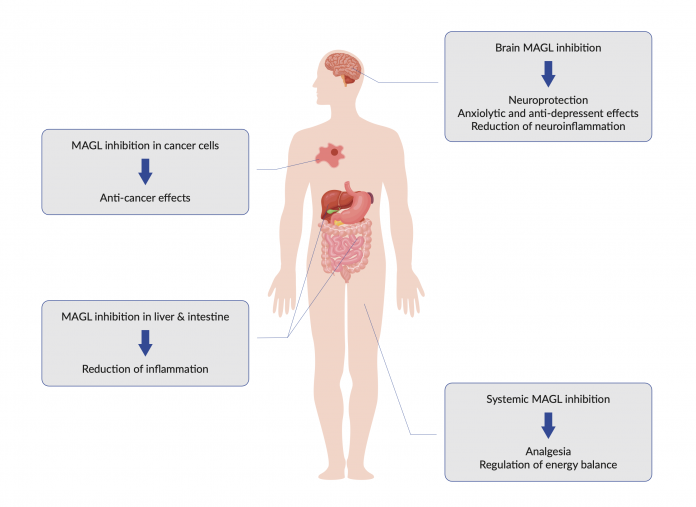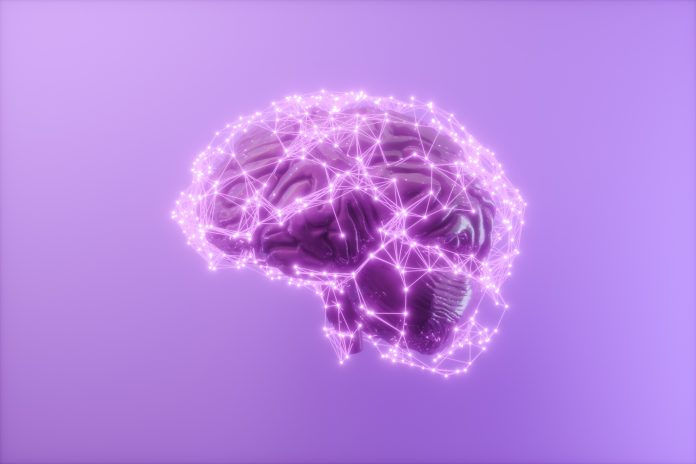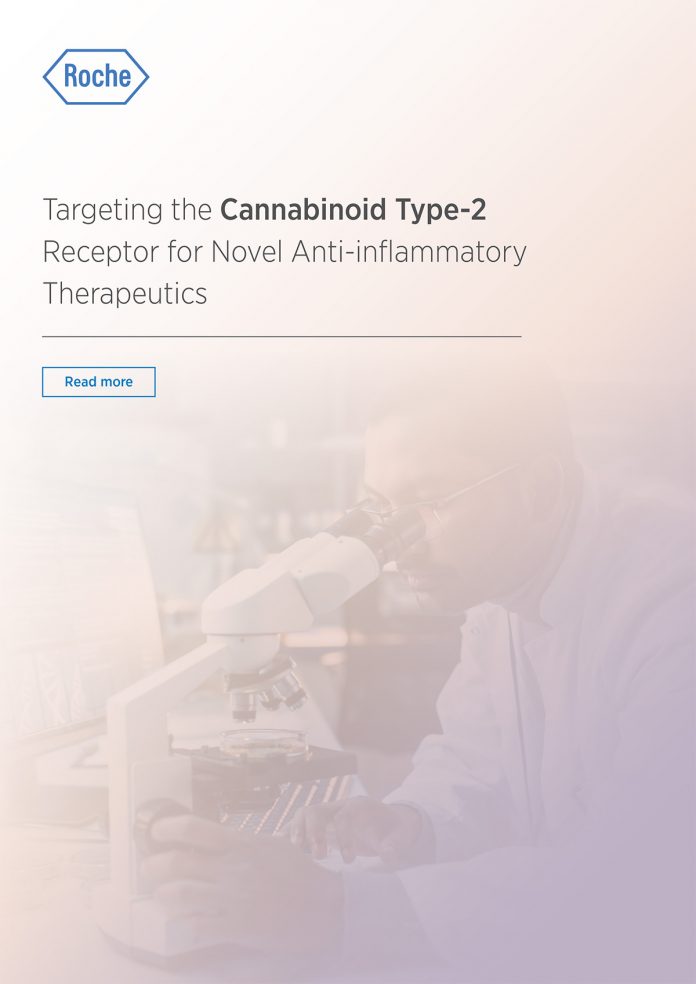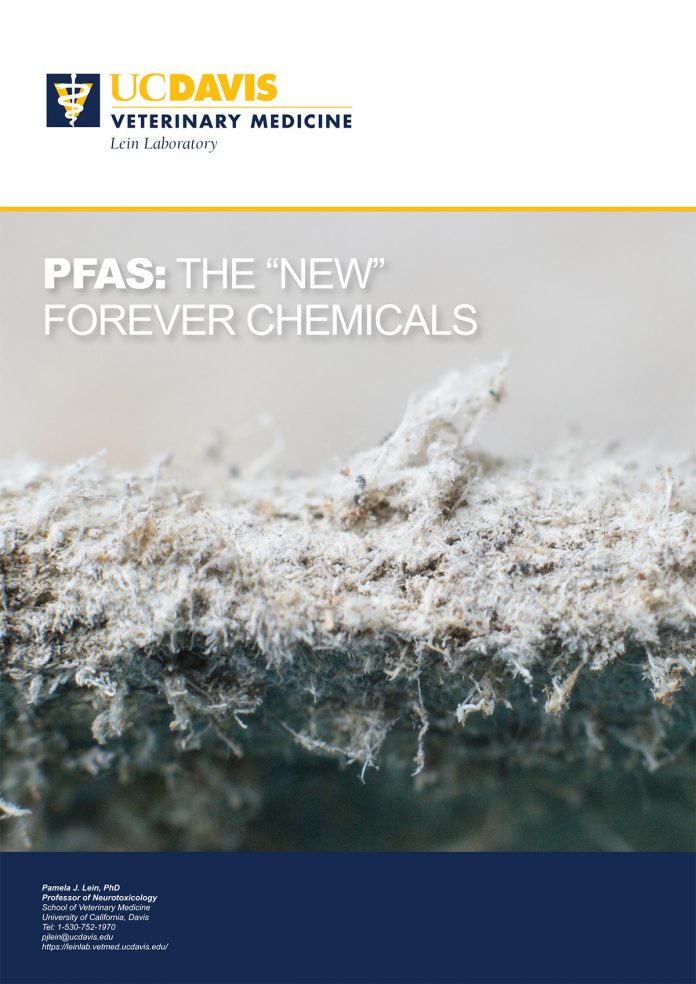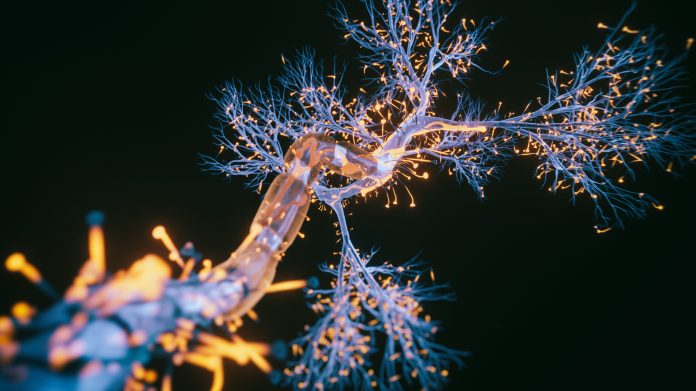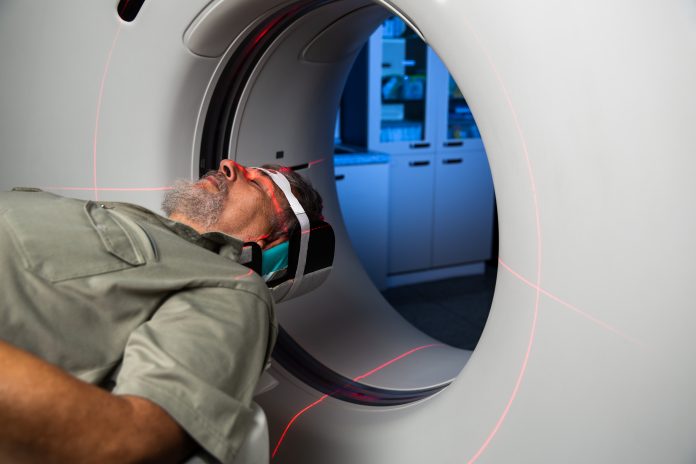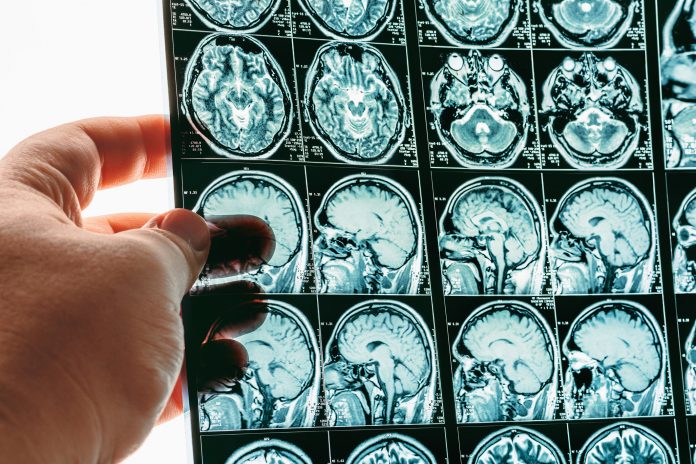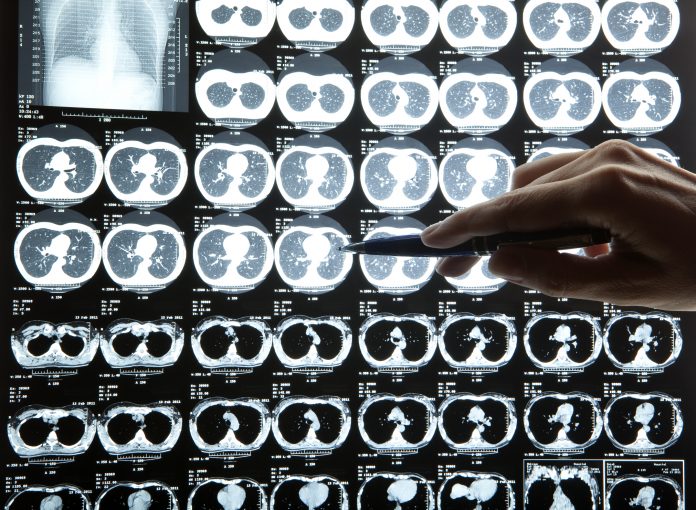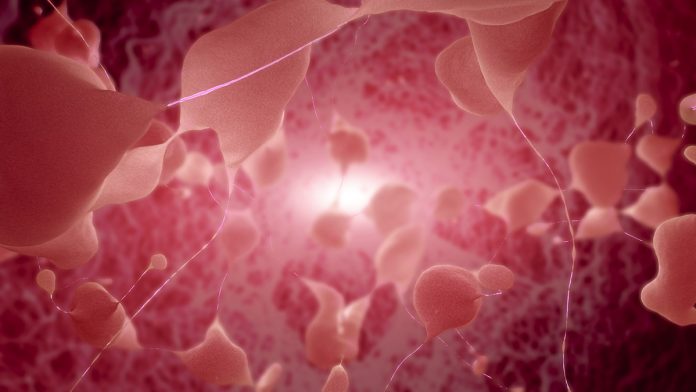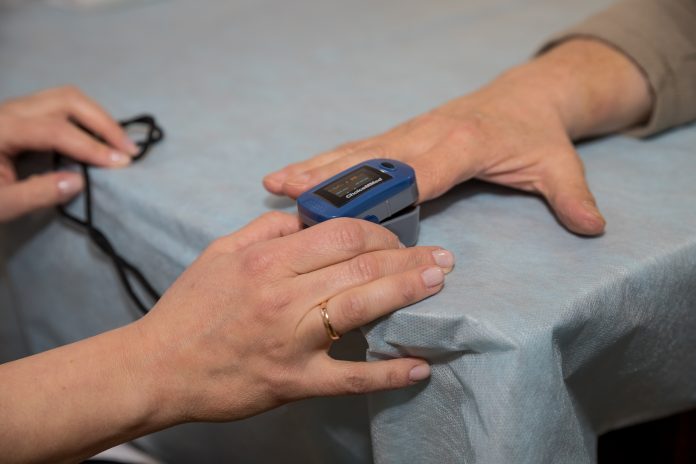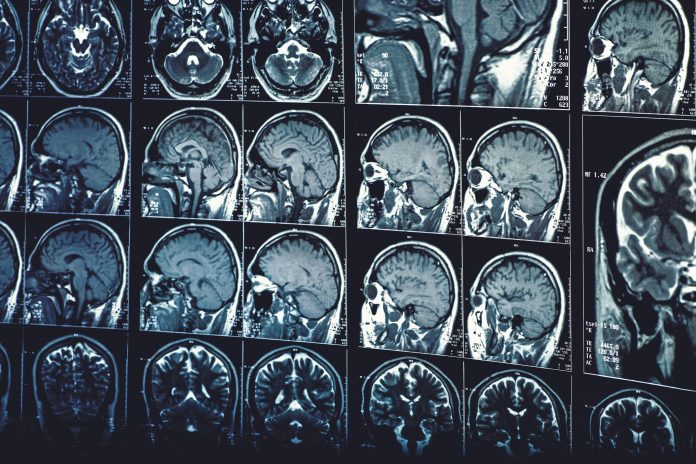Open Access Government produces compelling and informative news, publications, eBooks, and academic research articles for the public and private sector looking at health, diseases & conditions, workplace, research & innovation, digital transformation, government policy, environment, agriculture, energy, transport and more.
Home Search
neurodegenerative diseases - search results
If you're not happy with the results, please do another search
Leveraging exercise mimetics as potential therapeutics
Robert Wessells, Associate Professor at Wayne State University, explores whether identifying potential exercise mimetics can deliver the benefits of exercise to patients with reduced mobility.
MAGL inhibition: A novel treatment option for combating inflammatory disease?
Pharma researchers Uwe Grether and Julie Blaising from F. Hoffmann-La Roche Ltd. highlight the vast therapeutic potential of MAGL inhibition for central and peripheral diseases.
Prioritising brain health in Europe and beyond
With the growing burden of brain disorders, it is more important than ever to ensure the necessary approaches are available; the European Brain Council discusses the priorities for supporting brain health and research in Europe and beyond.
The mechanisms and benefits of exercise
At Wayne State University, Robert Wessells and his team are making significant strides in identifying potential exercise mediators or mimetics that could help mitigate pathologies resulting from prolonged sedentary periods.
Senescence: Examining genetic responses, exercise benefits and age-related decline
Robert Wessells’ lab at Wayne State University has been focusing on the field of functional senescence, particularly age-related decline in mobility and exercise capacity
The capacity of the elderly population to retain mobility is a substantial quality of life issue and an important way of avoiding health complications from inactivity...
Targeting the Cannabinoid Type-2 Receptor for Novel Anto-inflammatory Therapeutics
Type-2 cannabinoid receptor (CB2R) is a G-protein-coupled receptor (GPCR) and an essential element of the endocannabinoid system (ECS) [1].
PFAS: The “New” Forever Chemicals
The term “forever chemicals” has become part of the lexicon in lay science. This reflects the growing evidence that exposure to perfluoroalkyl substances (PFAS), a class of synthetic chemicals widely detected in our natural environment, our foods, and our bodies, is associated with adverse human health effects and harm...
Beyond amyloid: What’s next for Alzheimers disease therapeutics?
Bradlee Heckmann, PhD, from USF Health Neuroscience Institute, Byrd Alzheimer’s Center & Asha Therapeutics, in this discussion goes beyond amyloid, asking what’s next for Alzheimer’s Disease therapeutics.
Visualizing the anti-inflammatory cannabinoid Type-2 receptor
Medicinal chemists describe how small molecule probes allow for the detection of CB2R, and thereby enable the discovery of novel anti-inflammatory treatments.
Overcoming global inequities in cognitive healthcare to combat dementia
CEO of ViewMind Inc, Mark Edwards, discusses overcoming global inequities in cognitive healthcare to combat the dementia epidemic.
Challenges bringing CB₂R medicine to bedside
Drug hunters explain how to overcome pitfalls on the way to CB2R medicine and therapeutics.
Getting diagnostic innovation to the NHS frontline
Geoff Twist, Managing Director of Roche Diagnostics UK & Ireland, says that the UK's inability to get diagnostic innovation to the frontline is hampering the NHS and the nation's health; this is a missed opportunity.
The health benefits of coffee according to EFAD
A report by the European Federation of the Associations of Dietitians (EFAD) reveals the health benefits of coffee consumption.
COVID-19 causes brain inflammation similar to Parkinson’s disease
COVID-19 activates the same inflammatory response in the brain as Parkinson’s disease – increasing the risk of future potential neurodegenerative conditions.
Physical and mental health benefits of a sugar-free diet
Deciding to embark on a sugar-free diet can be a complicated challenge, especially as sugar comes in many forms - but here we list the many benefits of not consuming the substance.
JPND: Towards a stronger brain health partnership
One of JPND’s key objectives is to fortify its work in brain health partnerships in Europe to better combat the challenges of neurodegenerative disease (ND).
Huntington’s Disease: The Importance of Brain Banking
Dr. James E Goldman and Dr. Osama Al-Dalahmah from the Department of Pathology and Cell Biology at Columbia University, discuss the importance of brain banking from individuals with Huntington’s disease.
Study finds young COVID patients have increased oxidative stress
According to new data, even young COVID patients have increased oxidative stress - a factor connected to ageing, diabetes and HIV.
Driving digital transformation across the UK healthcare sector
Brian Murphy, CSO of UK digital health firm Cumulus Neuroscience, explores how AI tools could transform drug development in the difficult area of cognitive disorders.
TUBB4A-associated leukodystrophy
Dr Dan Williams, SynaptixBio CEO, discusses the search to find the first treatment for one of the world’s rarest diseases, TUBB4A-associated leukodystrophy


